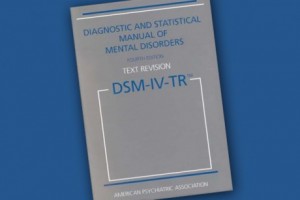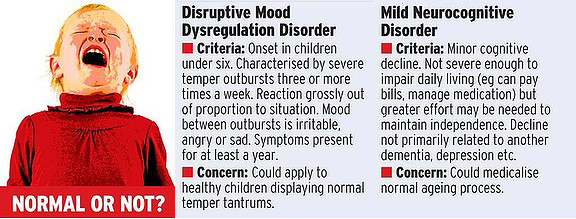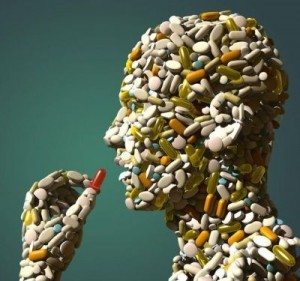
7 Reasons America’s Mental Health Industry Is a Threat to Our Sanity
Drug industry corruption, scientifically unreliable diagnoses and pseudoscientific research have compromised the values of the psychiatric profession.
The majority of psychiatrists, psychologists and other mental health professionals “go along to get along” and maintain a status quo that includes drug company corruption, pseudoscientific research and a “standard of care” that is routinely damaging and occasionally kills young children. If that sounds hyperbolic, then you probably have not heard of Rebecca Riley, and how the highest levels of psychiatry described her treatment as “appropriate and within responsible professional standards.”



